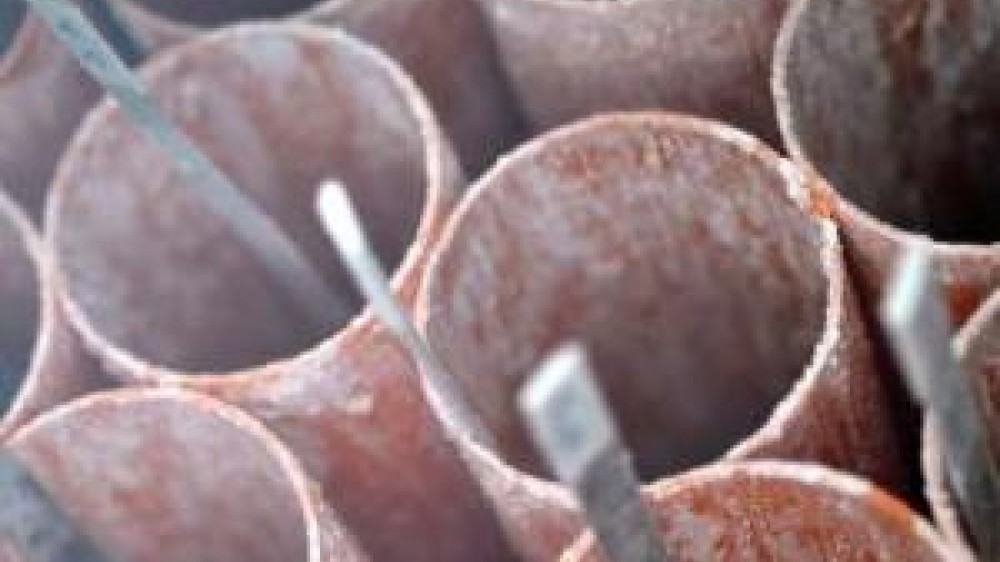Opportunities for archiving and sharing mouse lines

This December marks the first anniversary of the death of Mary Lyon, FRS, a renowned geneticist and a researcher at MRC Harwell International Centre for Mouse Genetics.
Mary Lyon was the first to discover the process of X-chromosome inactivation (lyonisation), and has a centre at MRC Harwell named after her.
The Mary Lyon Centre at MRC Harwell offers a non-profit archive that supports scientists worldwide through archiving and distribution of mouse lines. The archive acts as the UK archiving node for the European Mouse Mutant Archive (EMMA).
By improving access to resources, the centre encourages a cooperative future in mouse research. Easier access to shared resources helps to reduce the number of animals used to maintain the mouse colonies and establish the lines, as multiple groups sharing the lines do not need to create them individually.
Archiving mouse lines is also a cost-effective way of protecting stocks against genetic drift and securing the line from accidental loss. The centre offers high standards of quality control (including viability testing) and risk prevention (e.g. splitting the stock to be stored in different buildings).
The repository is built on a cost recovery model, offering a free archiving service, with any costs recuperated from clients who order the lines. The scientists who deposit their lines are clearly displayed on the website, together with the primary publication. Unpublished mouse lines can also be archived, and the researchers are able to keep them private through a two-year ‘Grace Period’ before making the lines available to the scientific community.
Stocks are made publicly available to scientists around the world via: MouseBook, Intrafrontier and the International Mouse Strain Resource.
You can submit your line directly via the submission form or if you would like further information please contact the centre at fesa@har.mrc.ac.uk.
